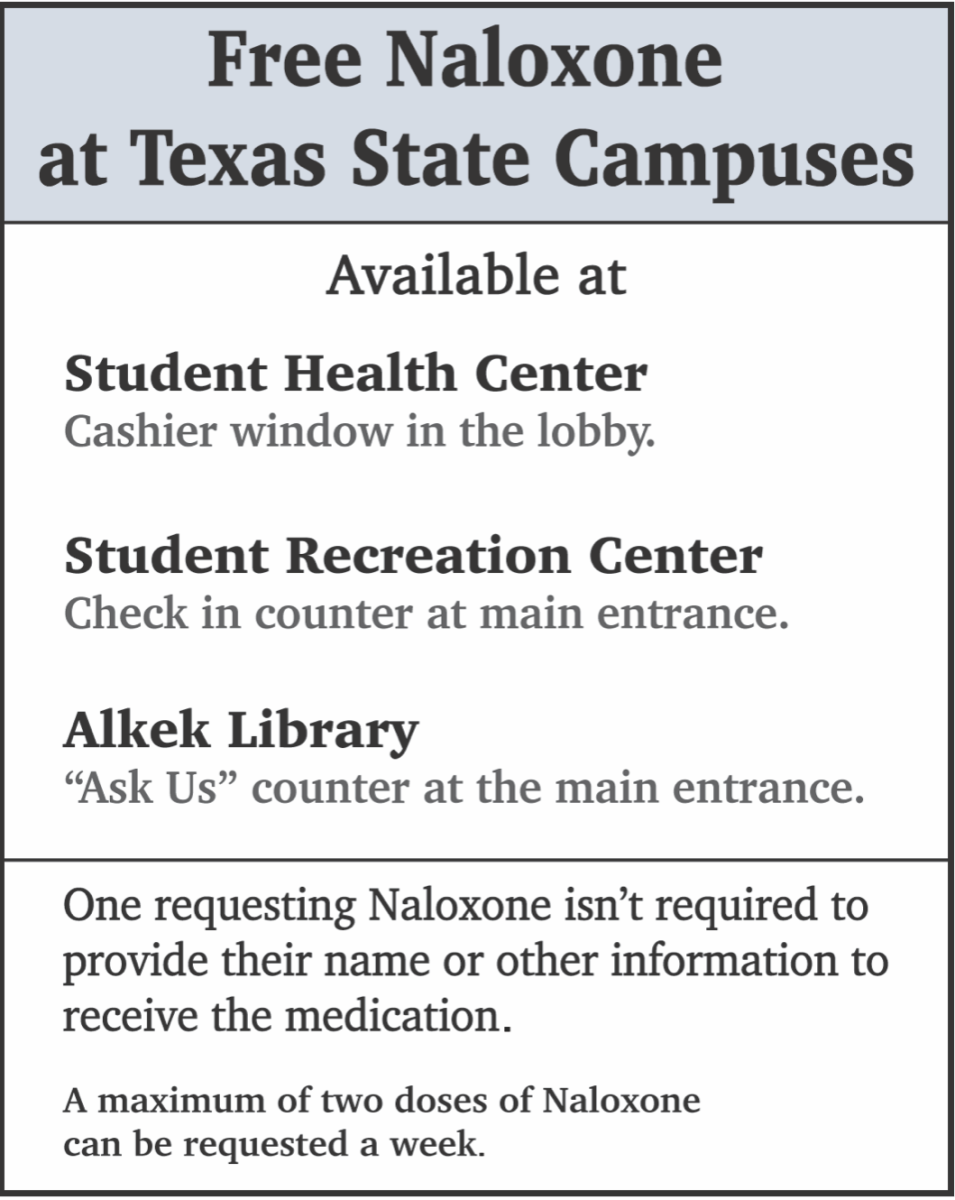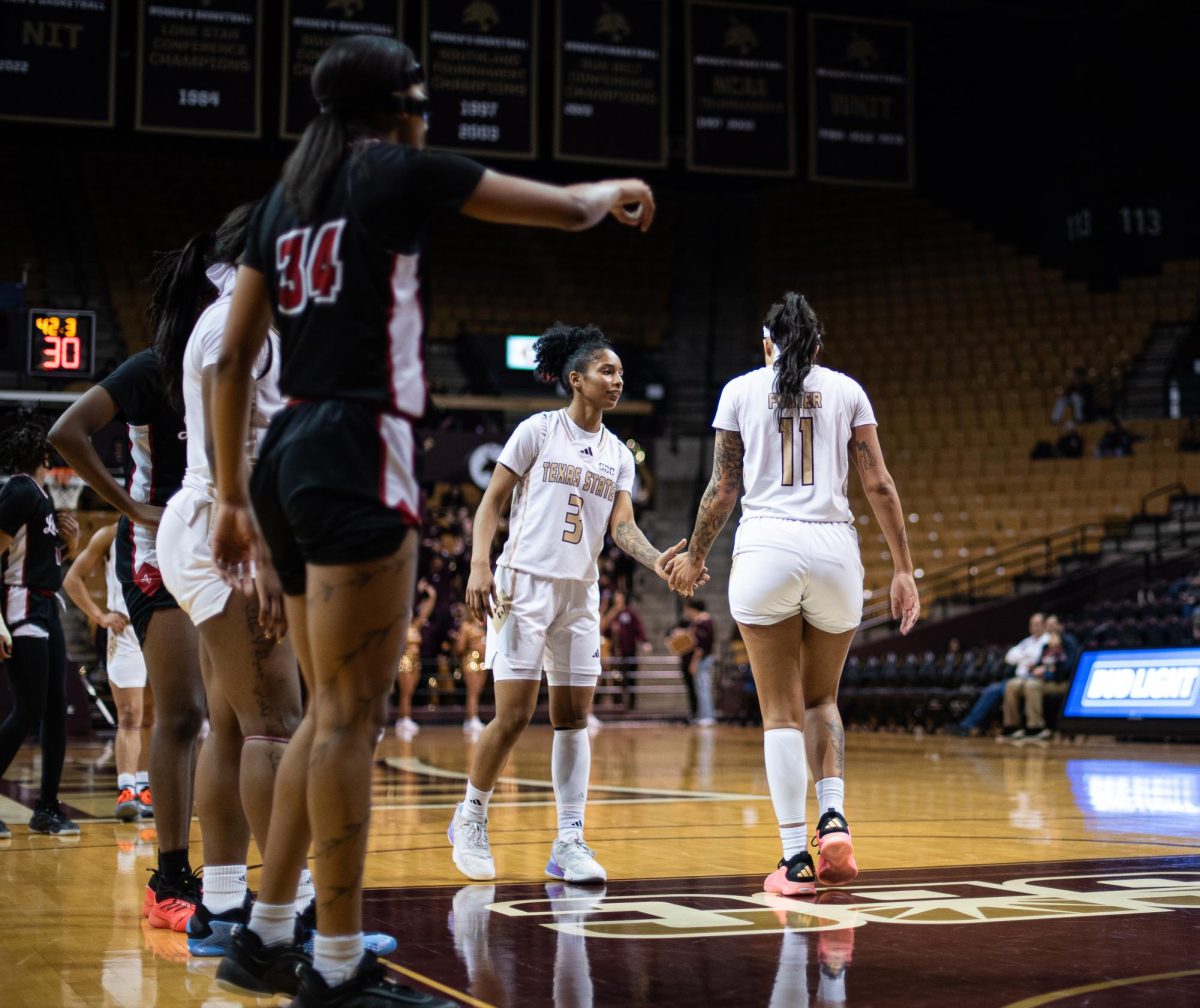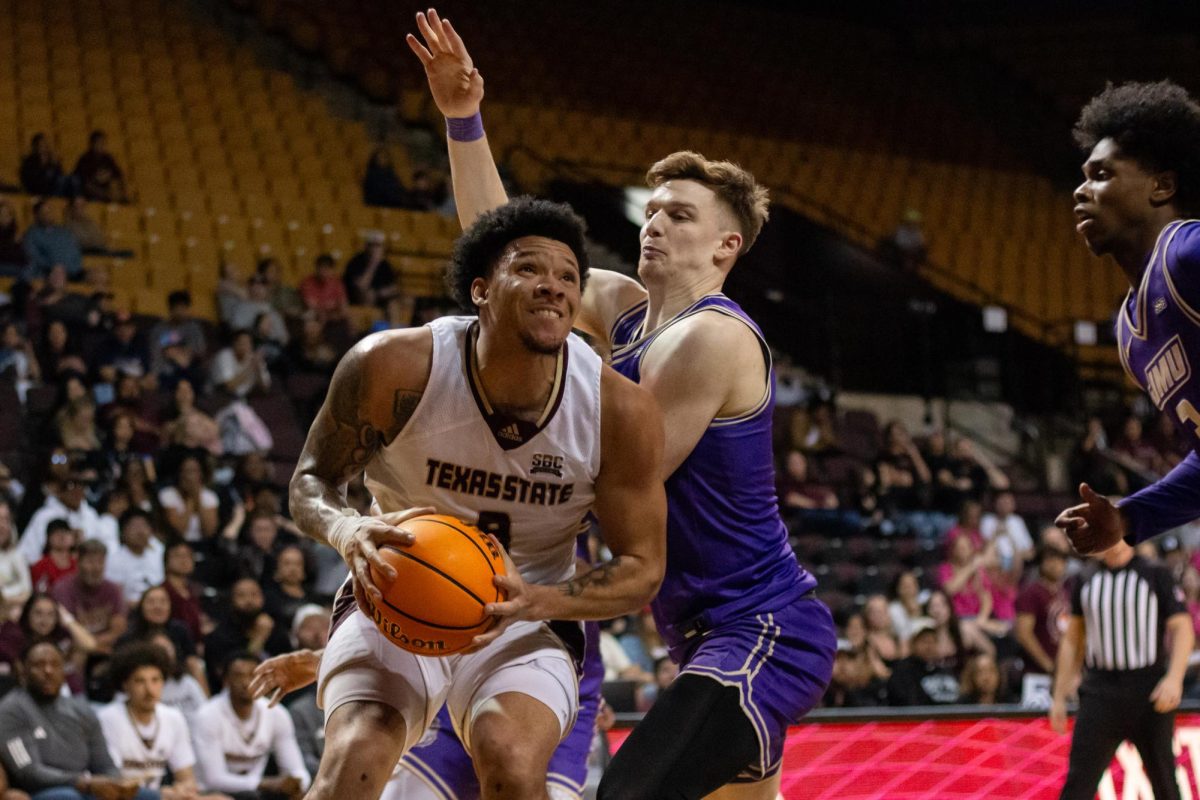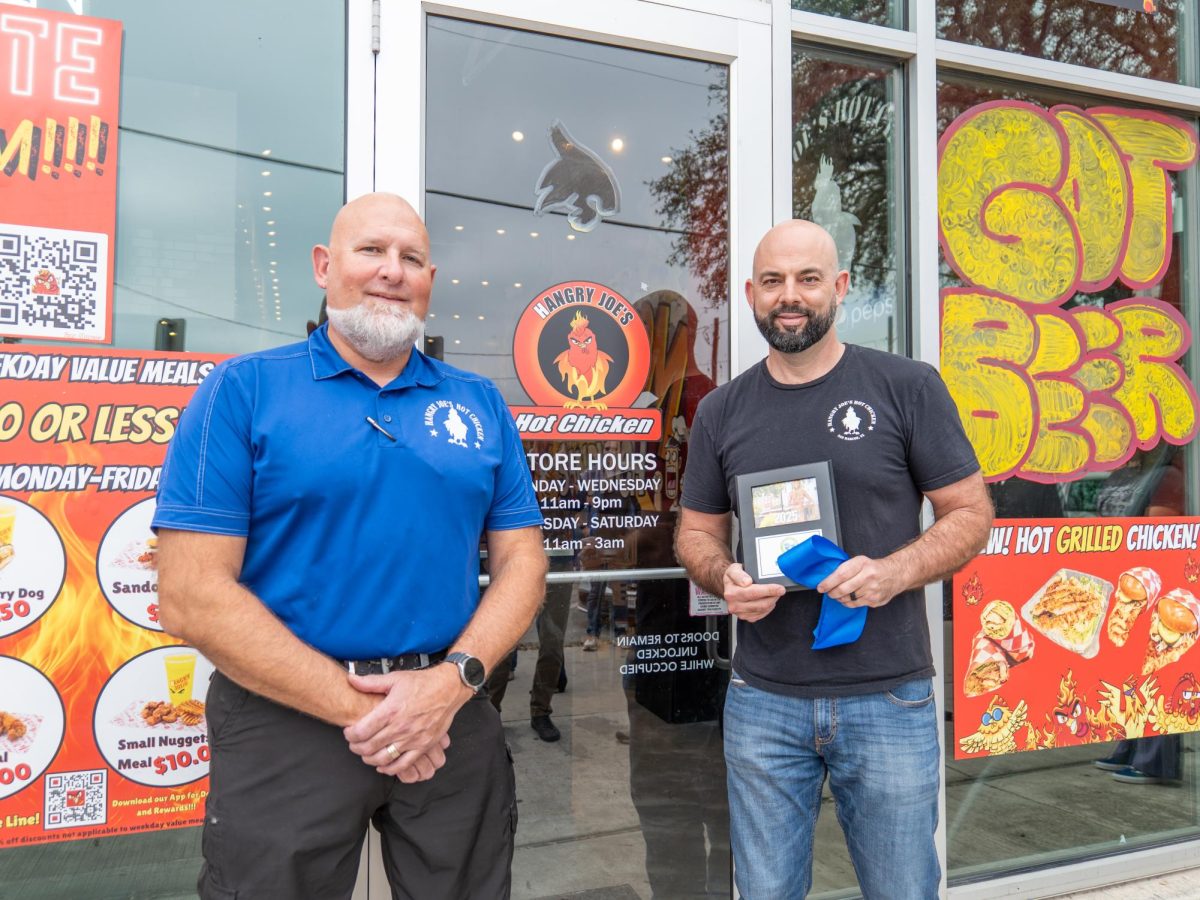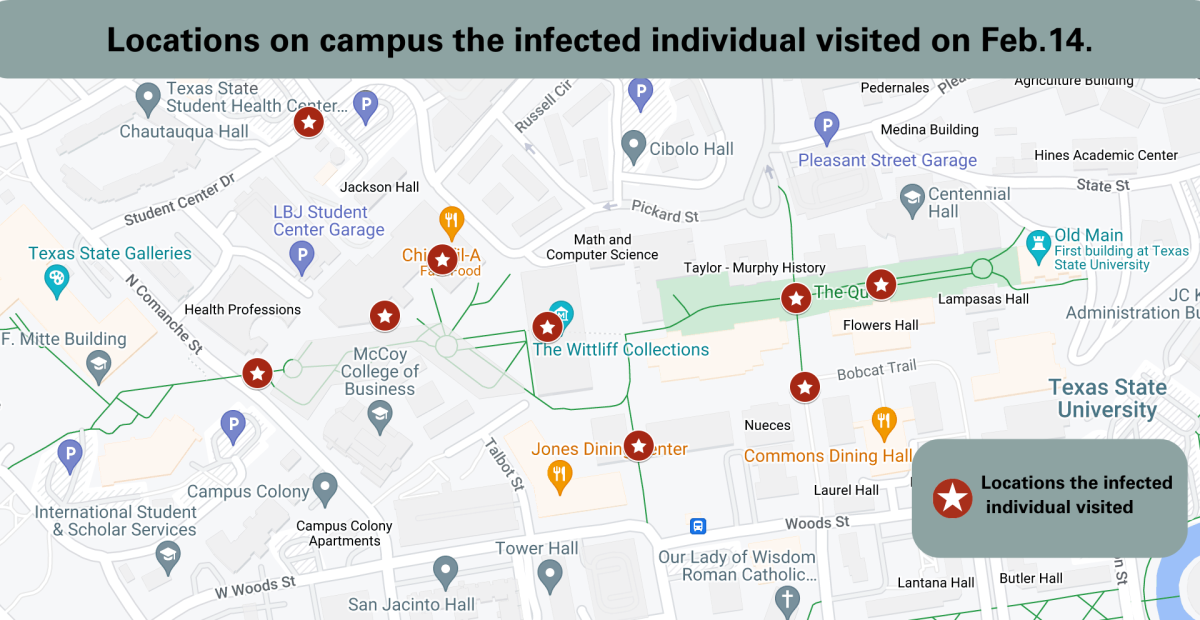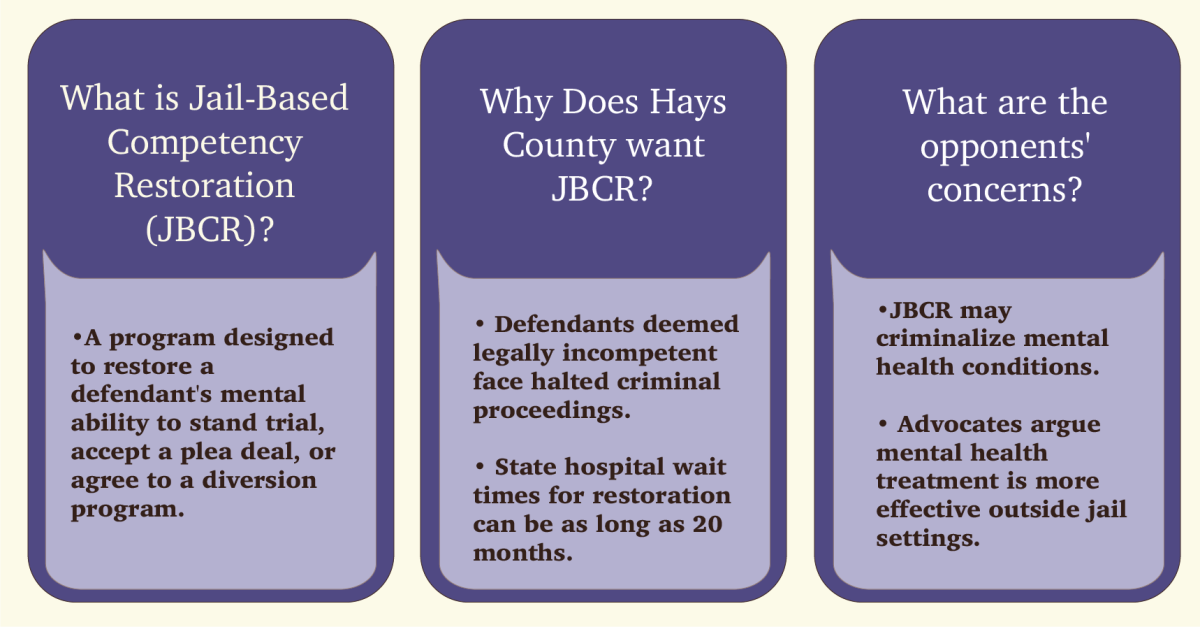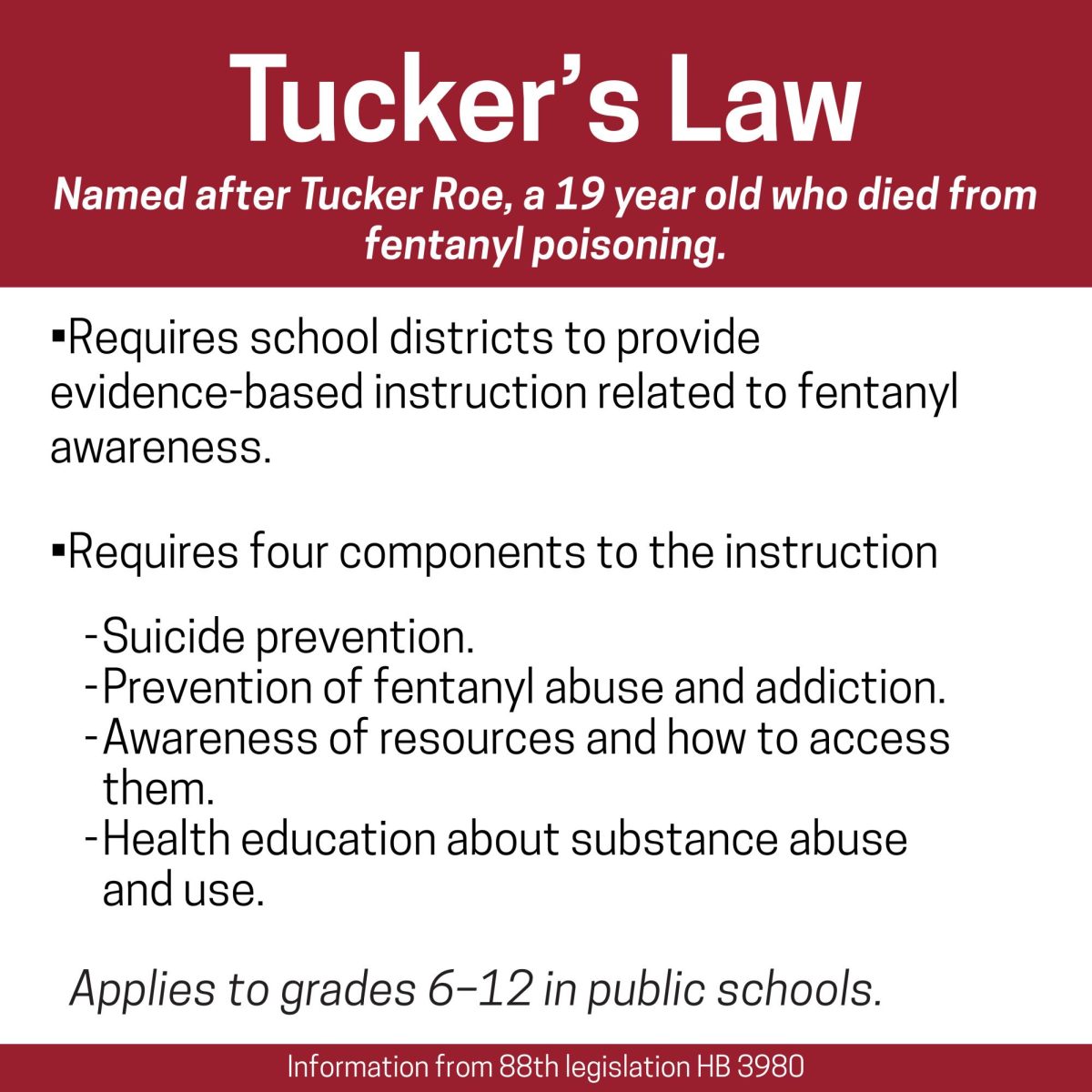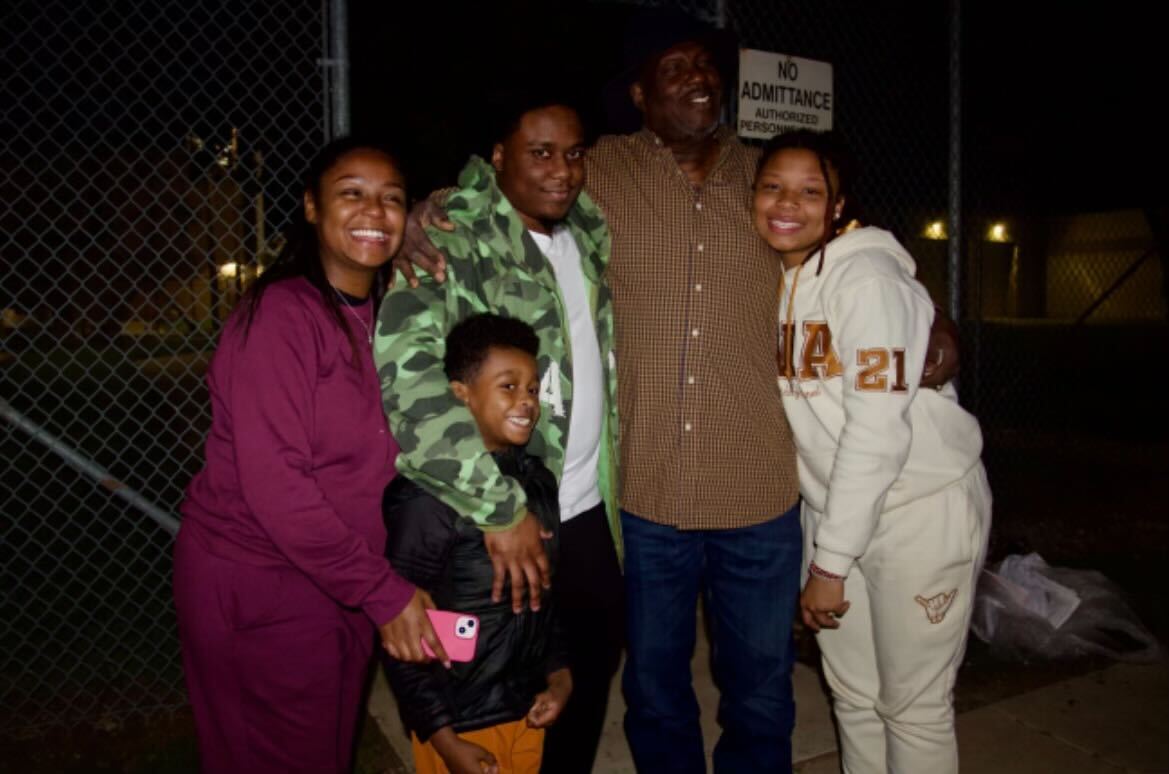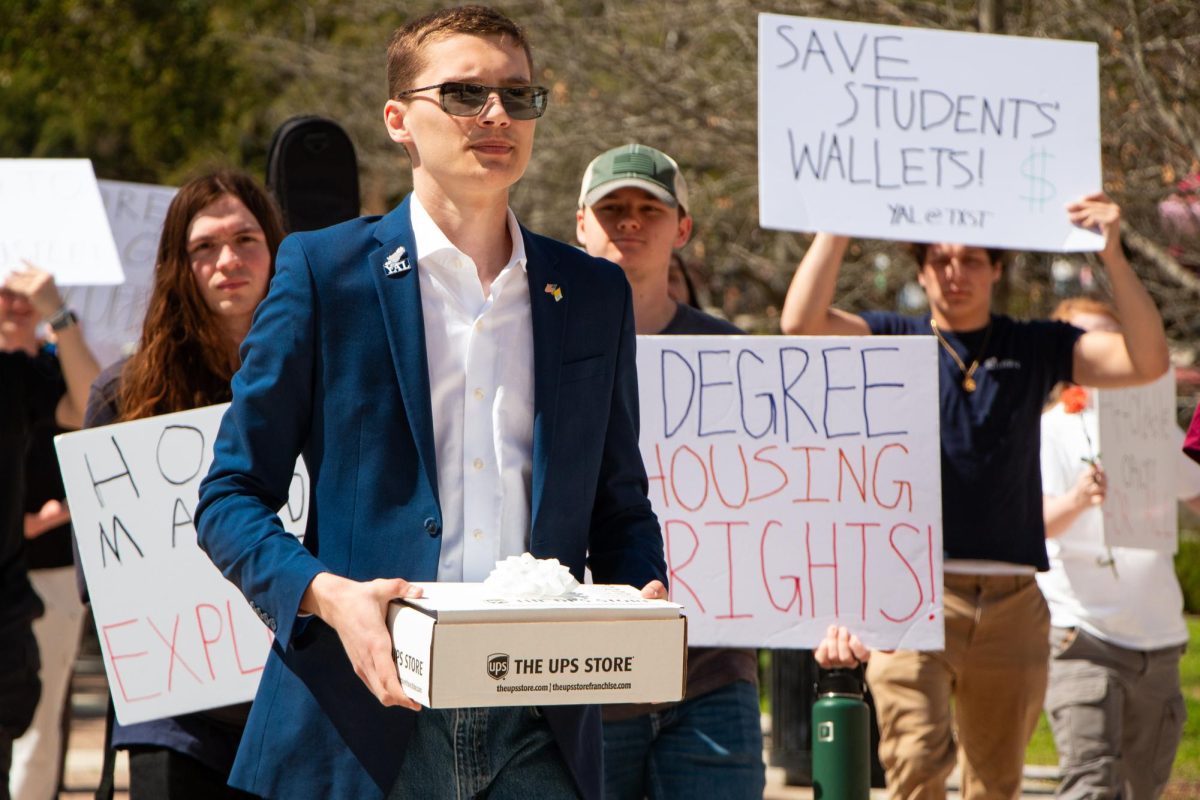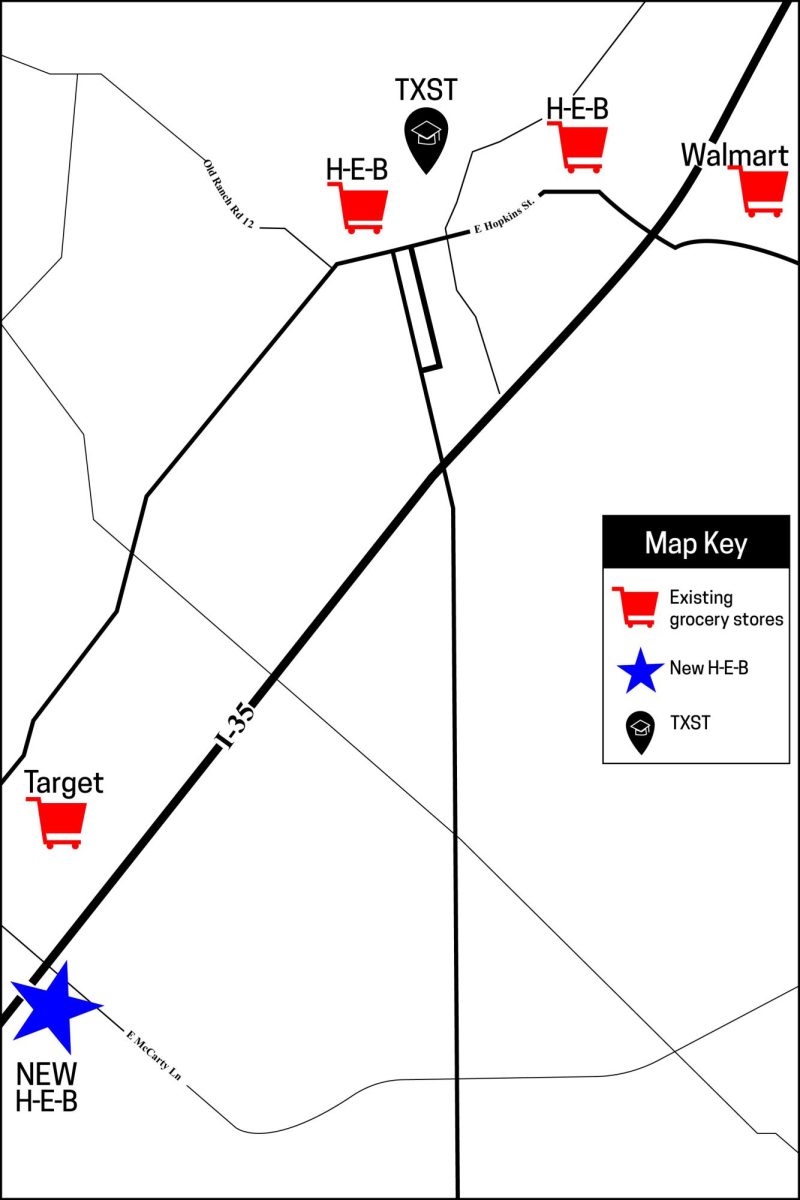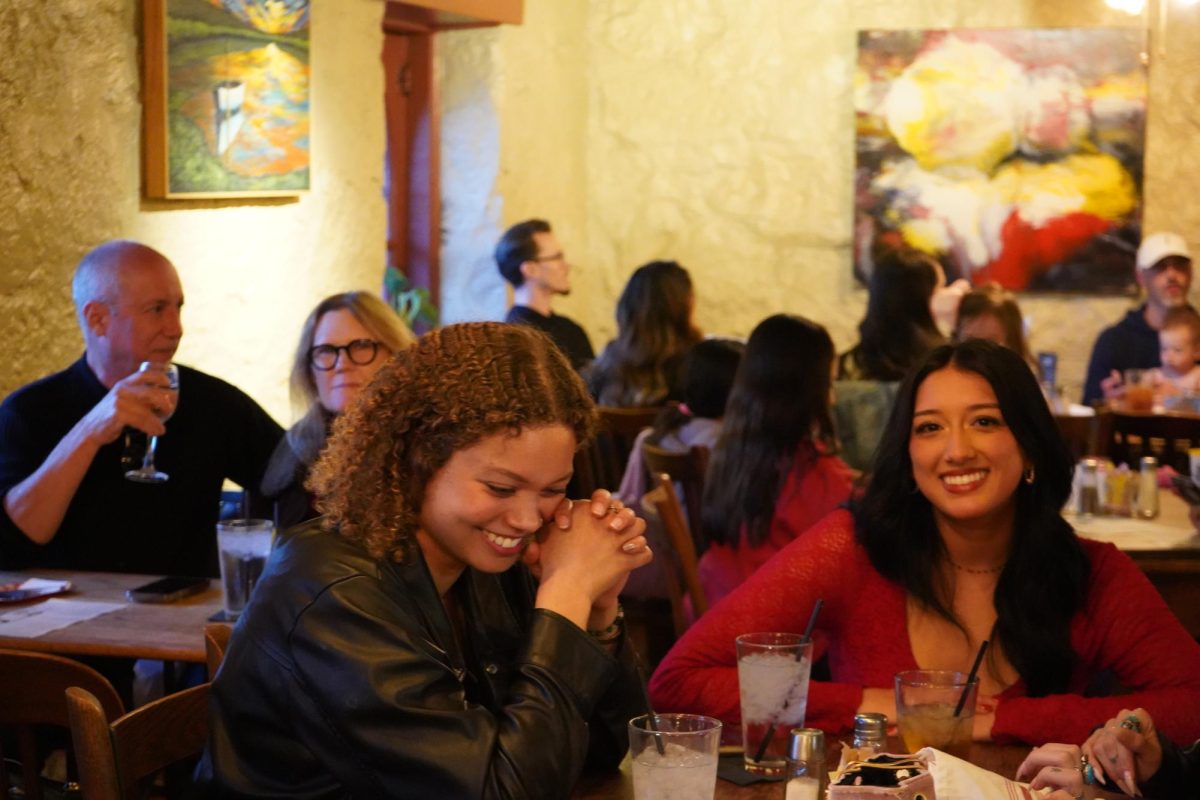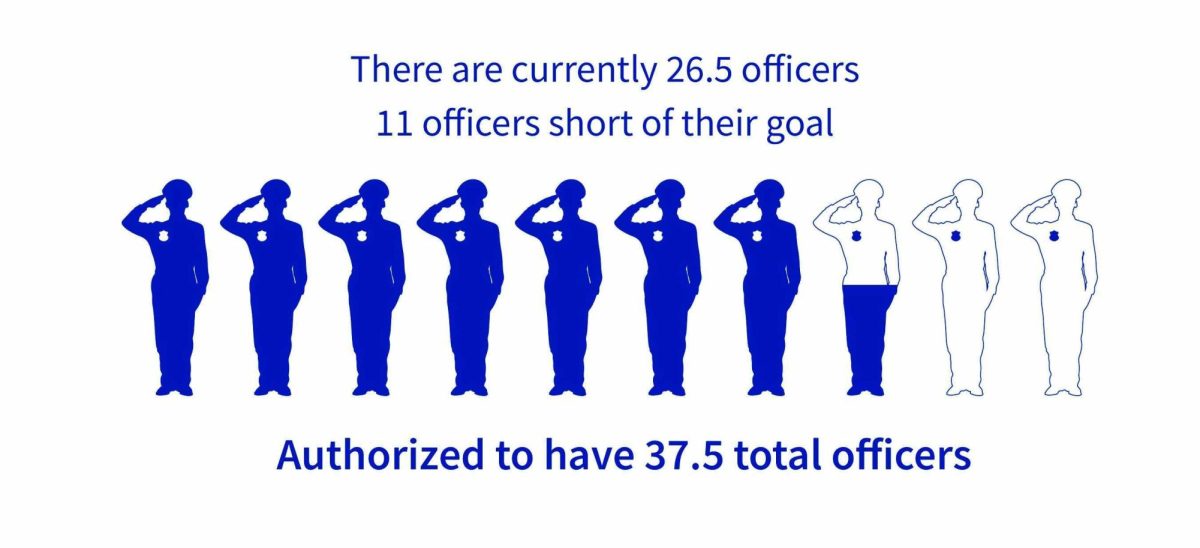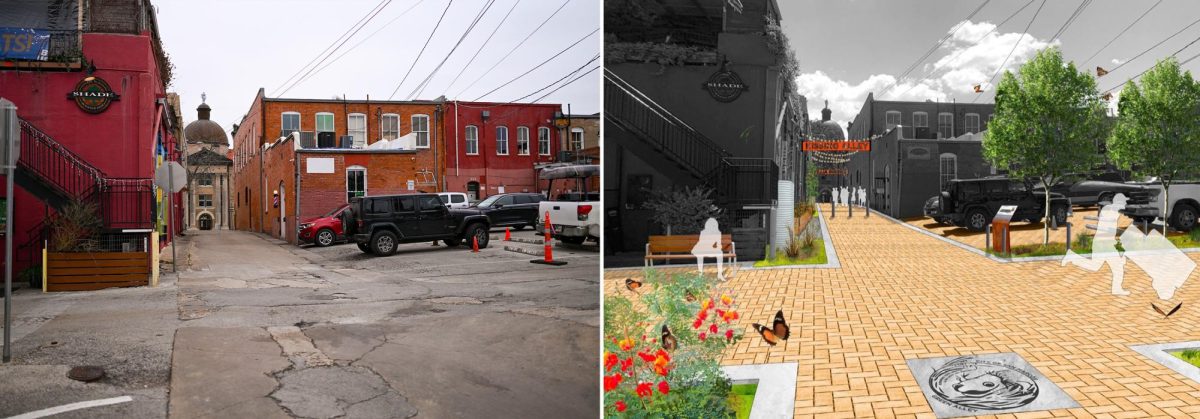On Feb. 1, Texas State announced students and staff can receive free Naloxone (Narcan) nasal spray at select locations in the San Marcos and Round Rock campuses.
Narcan is used to reverse the effects of an opioid or fentanyl overdose. According to an article from The University Star, its distribution comes as “fentanyl overdose cases amongst teens and young people have increased in Hays County.”
Distribution of the life-saving medicine will be carried out at the Student Health Center, Student Recreation Center and Alkek Library, as well as the Avery Building in Round Rock. Students and faculty do not have to provide any form of identification when requesting Naloxone and are allowed a maximum of two doses weekly.
Sarah Doss, the interim director of the Student Health Center, said this will be a game changer in preventing overdoses in the Texas State community.
“[Texas State’s] hope is that [students and faculty] will be better prepared, and we can help to prevent a tragedy from occurring,” Doss said.
Doss said Texas State’s main goal with Narcan distribution is to make sure the life-saving medicine is in the hands of those at risk or who know someone at risk of an overdose.
However, Doss said these distribution sites are not for those suffering from an active overdose but to prevent one from happening in the first place.
“If someone were to encounter someone experiencing an overdose, the right thing to do is call 911,” Doss said. “The idea of the program is to be there ahead of time if you or someone you know is at risk [of an overdose].”
Overdoses happen when parts of the brain that control breathing and consciousness are blocked by an overload of drugs in the body, according to Ty Schepis, a psychology professor at Texas State who researches substance abuse.
“[During an overdose] what happens is the… drug links up with the nervous system in specific parts of the brain that regulate breathing and consciousness,” Schepis said. “There is so much of the drug that is bound [in the brain] that breathing slows down or stops [and individuals] lose consciousness; and that’s how [individuals] die.”
Schepis said Naloxone works by preventing loss of consciousness and breathing during an overdose.
Texas State is not the only group working to distribute Naloxone for free in Hays County.
Janel Rodriguez, the co-founder and president of the Forever 15 Project, wants to set up Naloxone distribution sites in parks across Hays County.
“[The Forever 15 Project] is currently working with [Kyle] to put Naloxone cabinets in parks,” Rodriguez said. “[We] have purchased 10 Naloxone cabinets… and they would be open to anyone in the park.”
Rodriguez and her husband Brandon founded the Forever 15 Project after the death of their 15-year-old son Noah from a fentanyl-related overdose on Aug. 21, 2022.
The proposal by Rodriguez for the Naloxone cabinets has been brought forward to the city of Kyle.
“The Parks and Recreation board unanimously approved [the Naloxone cabinets proposal],” Rodriguez said. “Now, [the Forever 15 Project] is just waiting for city council to grant final approval.”
Law enforcement within Hays County also received access to Naloxone on Sept. 6, 2023, as part of the One Pill Kills campaign. The One Pill Kills campaign, initiated by Gov. Greg Abbott, aims to address the escalating national fentanyl crisis by coordinating an effort in Texas to combat the deadly impact of the opioid.
Still, within Texas State, students and faculty fear fentanyl-related overdoses will persist, leading to ongoing serious problems.
“The risk from fentanyl is [large],” Schepis said. “You can get students who think they are buying an Adderall or another stimulant, but they are using it [recreationally], and it turns out that’s a drug laced with fentanyl, and they had no idea.”


